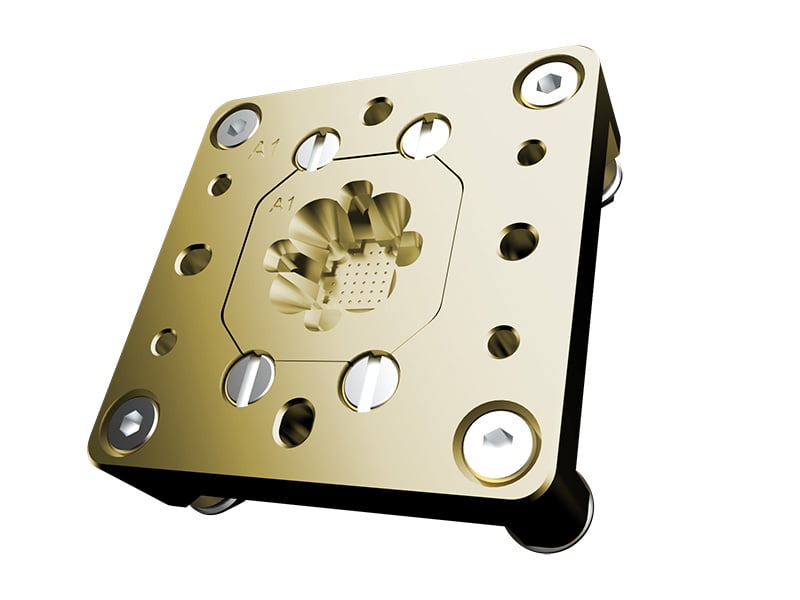Smiths Interconnect announces breakthrough contact technology of Kepler test socket
Smiths Interconnect has announced the launch of Kepler contact technology for IC Testing. Whether for testing high performance computing, wearables or other automotive chips, Kepler is the only solution that provides two-axis of motion during a single actuation of the socket, an innovation set to pioneer the semiconductor test industry. As a result, Kepler provides a boosted first pass yield, enhanced production reliability, and extended maintenance intervals.
The semiconductor test industry has traditionally used vertical spring probes for BGA, LGA, QFN, and QFP packaging testing, while the cantilever scrubbing contact design has been used in peripheral segments to remove surface oxides and contaminants. However, both technologies require maintenance and performance monitoring to ensure optimal results during testing cycles. To address these issues, Smiths Interconnect developed Kepler contact technology that combines the scrub motion of a cantilever contact with the modular benefits of a spring probe. The design includes horizontal movement during the downward stroke of the device to break surface oxides, provide stable and reliable contact, and cause no damage to the PCB.
Brian Mitchell, Vice President and General Manager for Smiths Interconnect Semiconductor Business Unit stated: " The continuing advances in semiconductor functionality, density, and chip-level integration are generating new challenges in testing and controlling the physical and electrical characteristics of the test contact interfaces. The piercing effect of spring probes on gold pads has been a challenge due to the buildup of surface oxides. Additionally, the cantilever type has been associated with expensive PCB damage. Kepler overcomes the challenges posed by traditional vertical spring probes and cantilever scrubbing contact designs, providing a new level of performance and reliability.”
Kepler Test Socket
- Long contact life, low wear, tested to over 500K insertions

- Provides reliable and consistent contact for Matte Tin or NiPdAu pads, low consistent Cres
- Exceptional signal integrity
- Covers wide range of test applications
- Match existing PCB socket footprint and test hardware lead to cost saving for customers
- Field repairable, easy cleaning and maintenance
- Low Dielectric constant, Low CLTE, exceptional Flexural Modulus
- Allows for PCB topside components to be placed close to DUT for better signal performance and less signal loss


